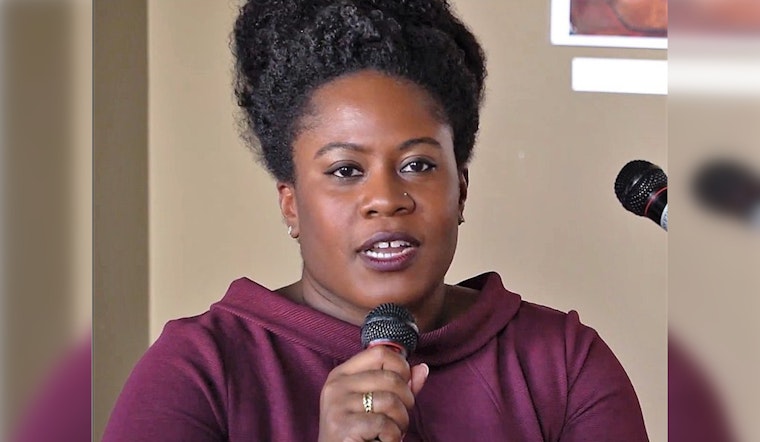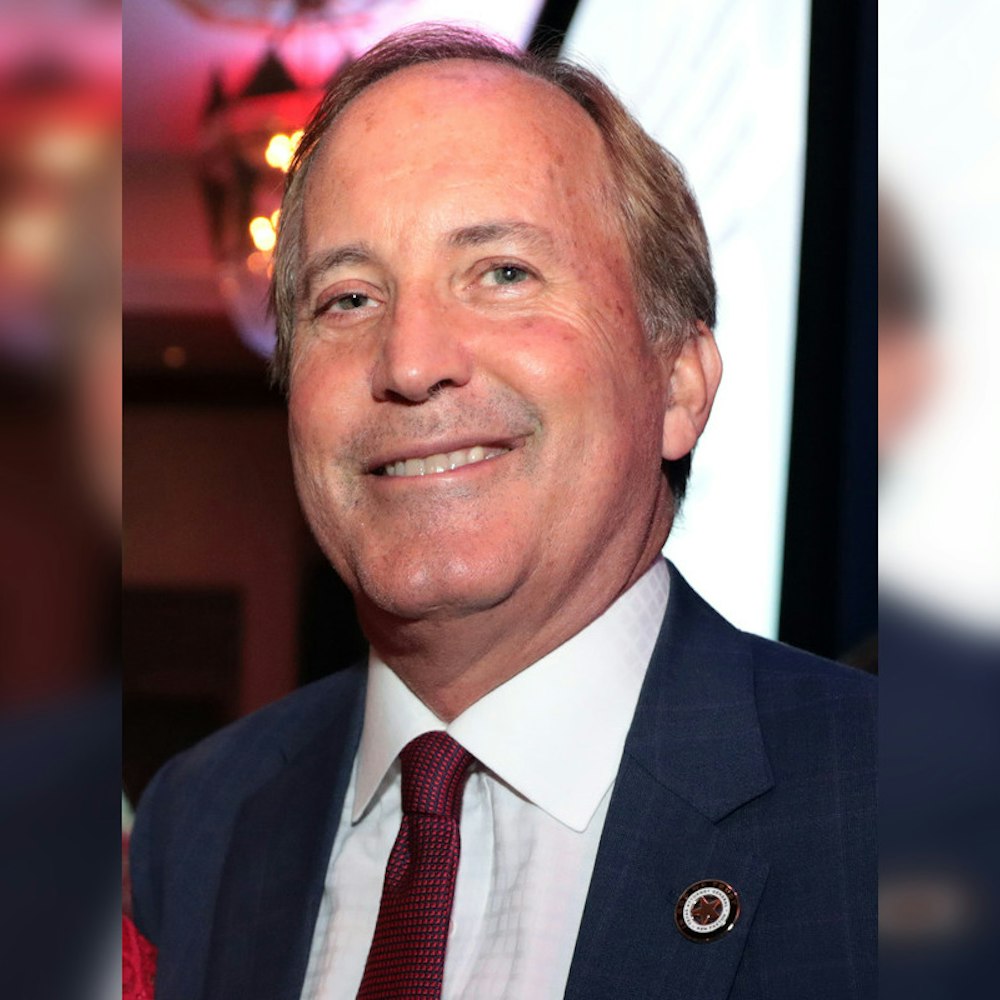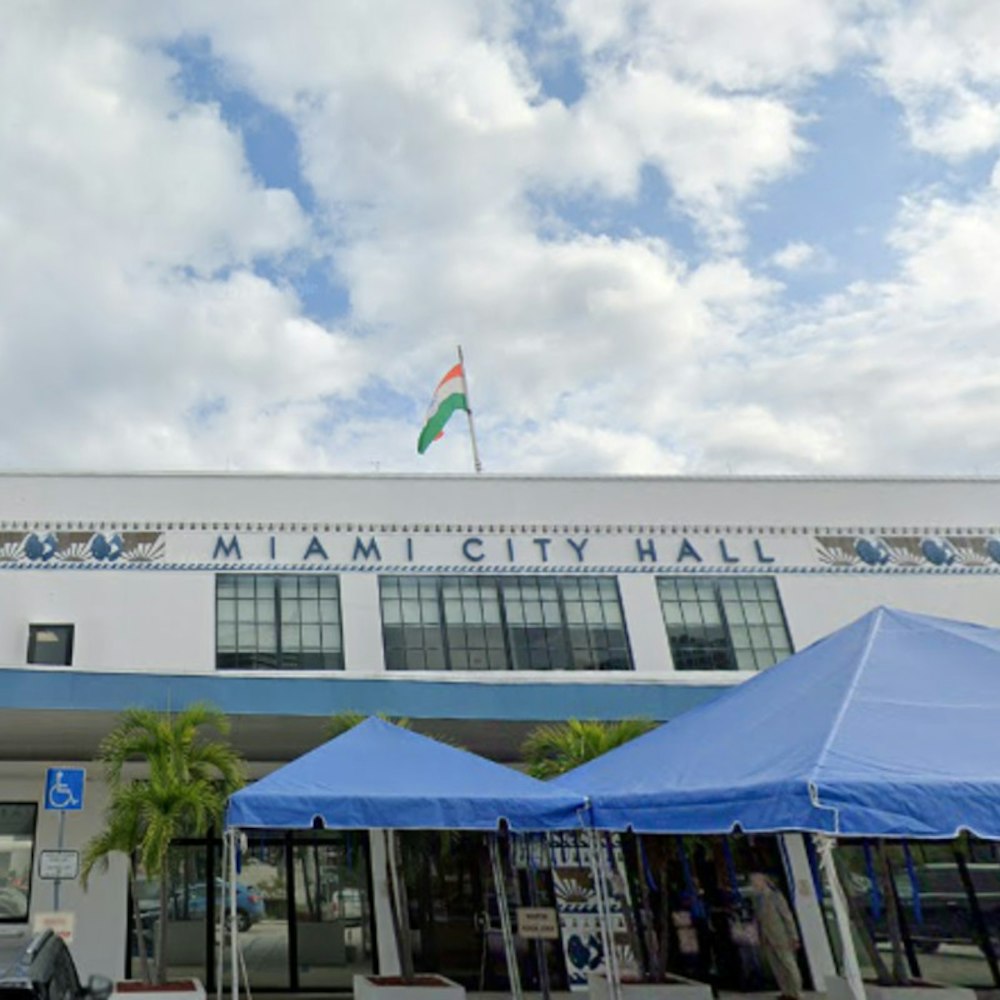
U of M's own Dr. Rachel Hardeman has made it to the TIME100, an annual list that highlights the globe's titans of influence, as reported by the University of Minnesota. Hardeman's groundbreaking work at the Center for Antiracism Research for Health Equity has propelled her onto the world stage, making her one of the key figures in the fight against health inequities fueled by systemic racism. “This is an incredible honor,” Hardeman expressed, emphasizing the importance of dismantling barriers to equal health opportunities and the support of a vast network in her journey, in a statement obtained by the University of Minnesota news release.
Hardeman’s devotion to health equity isn't just pioneering; indeed, she's woven into the fabric of Minnesotan society, her career deeply rooted in a desire to serve her hometown of Minneapolis, and true to her mission, her work continues to ripple out impacting the broader narrative on structural racism's impact on health outcomes, especially significant in the maternal health of Black Americans. U of M Interim President Jeff Ettinger hailed Hardeman's contribution to the university's mission of serving communities, not just locally but globally, Hardeman's tenacity and resolve have been instrumental not just in the founding of the Center, which saw light in 2021, but also in its vision to educate and lead in the antiracism crusade, which is now celebrated on one of the greatest global platforms, according to a statement from Ettinger in the University of Minnesota news release.
With CARHE's inception backed by an ambitious endowment from Blue Cross and Blue Shield of Minnesota, the center has since emerged as a crucial node for transformational knowledge dissemination within public health circles, attributed to a collaborative model that works hand in glove with the communities it serves. Melinda Pettigrew, dean of the U of M School of Public Health, lauded Hardeman's steadfast vision and action, which have placed U of M at the forefront of antiracism research that benefits all, as detailed in statements from the university's announcement.
Hardeman's influence is etched in her partnership with Roots Community Birth Center in North Minneapolis, which is among the handful of Black-owned freestanding birth centers in the country, where her work has received accolades in notable journals such as the New England Journal of Medicine and the American Journal of Public Health, showcasing her commitment to tying the abstract constructs of structural racism to tangible health outcomes, identifying intervention strategies, and breaking down the systemic barriers that perpetuate inequality. TIME's tribute to Hardeman and other influential figures will feature in its April 29 issue, which hits stands April 19, but is already accessible online for those who can't wait to read about these changemakers.
The U of M School of Public Health stands as a pillar in the educational landscape, shaping future leaders who are missioned to confront and resolve pressing health issues, advocating for health equity, and fostering partnerships that can drive systemic change in populations and communities across borders. More about the program and its mandate can be found at sph.umn.edu.









